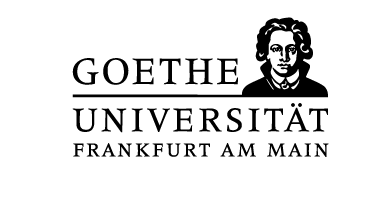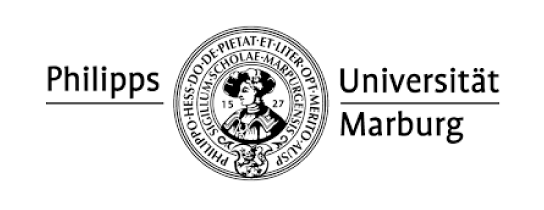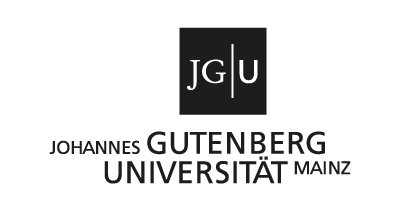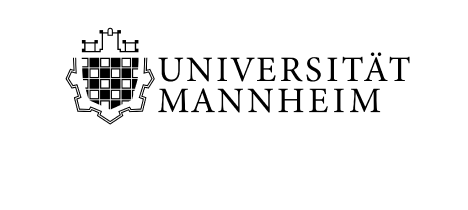Cinephilia(s) Revisited: Movies - Memory - Mobilization
The PhD project Cinephilia(s) Revisited: Movies – Memory – Mobilisation examines the phenomenon of cinephilia, which emerged at the beginning of the twentieth century, as a configuration of media memory culture. The project thus moves away from the much-discussed question of what or when cinephilia was or is. Instead, the project focuses on motivations related to memory culture and politics that were inherent in French cinephilia early on, and examines their media transmission and circulation. The latter continue to have an impact in research and cultural activism to this day. This is especially true outside the area of French language and culture, where the use of the loanword “cinephilia” always already refers to the context of French cinephilia and evokes associated mediations and (memory) images.
Cinephilia(s) Revisited: Movies – Memory – Mobilisation assumes that the writings and films of French cinephilia before about 1965, as well as the self-promotion of their creators, production-side marketing tactics, and institutional programming and mediation strategies, pre-mediate today’s views of cinephilia(s). Contemporary productions take up this history and develop it further in new media configurations. In this way, they force a constant updating and differentiation of cinephilic practices related to memory culture. At the same time, they contribute to cinephilia itself increasingly becoming a mediated lieu de mémoire. From this perspective, the question of what cinephilia is can only be answered by examining which mediated “histories of cinephilia as a motivating passion” (Martin 2009, 223) have shaped or are shaping understandings of the concept and phenomenon today. The aim is therefore to reveal how these pre-mediatisations function and to situate them within the cultural and political constitution of cinephilia as a configuration of media memory culture.
Case studies will serve to examine possible effects on institutional as well as non-institutional cultural activism under the slogan “cinephilia.” Has cinephilia, as Thomas Elsaesser assumes, really “un-Frenched itself” (Elsaesser 2005, 41)? Or do postmodern manifestations still bear traces of their French origin? If so, what cultural hierarchies, power structures, and differences in legitimacy result from this? And to what extent do these still shape the age of digital, globally networked cinephilia(s)?
Profile
Marie Krämer is a research assistant and PhD candidate at the University of Marburg. From 2020 to 2023, she was an associate doctoral member of the Research Training Group “Configurations of Film” at Goethe University Frankfurt. From 2022 to 2023, she was a visiting PhD student at the University of Lorraine’s Laboratoire Lorrain de Sciences Sociales and the University of Leeds’ Centre for World Cinemas and Digital Cultures. Her ongoing PhD thesis “Cinephilia(s) Revisited: Media – Memory – Mobilisation” (planned submission: spring 2026) explores why and how our understanding of cinephilia is continually renegotiated across different media configurations. Marie’s research on film culture, cultural heritage, and education has been published in ffk Journal (2019), Alphaville: Journal of Film and Screen Media (2021), and Research in Film and History (2022), among others.
https://www.uni-marburg.de/en/fb09/institutes/media-studies/institute/staff-members/marie-kramer-m-a





